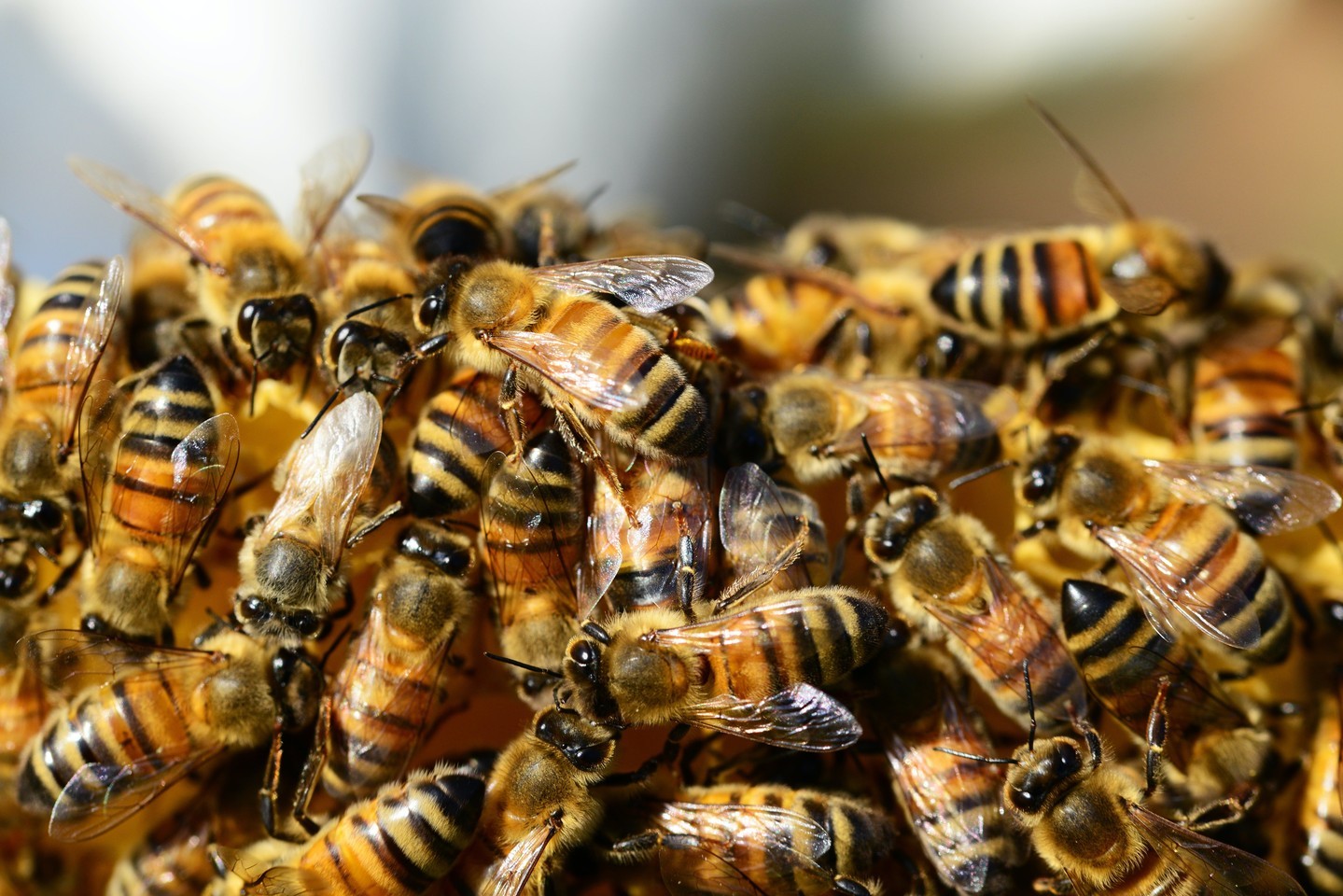- The global significance of World Bee Day and its establishment by the United Nations
- The critical role bees play in biodiversity and food security
- The array of bee species and their essential contributions at San Francisco Zoo & Gardens
- Challenges faced by bees and the importance of conservation efforts
- Educational programs and initiatives by zoos and conservationists to support bee populations
World Bee Day, celebrated each year on May 20, was established by the United Nations to acknowledge the indispensable role played by bees and other pollinators in our ecosystem. Though seemingly inconspicuous, bees are powerhouse agents of pollination, affecting food security and nutrition globally. As we delve into the narrative of World Bee Day and its portrayal at institutions like San Francisco Zoo & Gardens, it becomes apparent that these creatures are vital to environmental health and biodiversity.
Bees are integral to the propagation of many plants. They are key to sustaining diverse plant life and contributing to complex, interconnected ecosystems. Their meticulous work of transferring pollen from one flower to another leads to fruit, seed, and plant reproduction, which benefits not only the plants themselves but also the animals that feed on those plants. By facilitating cross-pollination, bees support the genetic diversity necessary for plant resilience against pests and changing environmental conditions.
Within the living community of San Francisco Zoo & Gardens, a broad variety of bee species, such as bumblebees, sweat bees, carpenter bees, and honey bees, are observed fulfilling their pollination duties. Visitors to the Zoo are welcomed by the sight of bees moving from bloom to bloom, contributing to the rich tapestry of life that flourishes there. Education is paramount as San Francisco Zoo & Gardens provides close-up encounters through their observation hive in the Insect Zoo and the dedicated educational talks given by Insect Zoo Keeper Sabrina.
However, bee populations face escalating threats from habitat loss, climate change, pesticides, and diseases. Pesticide exposure, for instance, can impair a bee’s ability to forage and return to the hive, ultimately reducing the colony’s survival rate. Such threats make conservation efforts ever more critical, as healthy bee populations are vital for pollinating crops humans rely on for food.
Conservation efforts at places like San Francisco Zoo & Gardens have taken center stage in preserving these pollinator populations. They focus on educating the public about the importance of bees and how to protect them. Research and conservation work are consistently supported, encouraging sustainable practices such as planting bee-friendly gardens and reducing pesticide use. Additionally, World Bee Day is a prompt to support local beekeepers and an opportunity for legislation favoring pollinator-friendly policies.
Zoos play a crucial role in saving bee species by providing habitats and participating in conservation initiatives. For the wider public, actions as simple as planting flowers that provide nectar and pollen or creating a small water source in gardens can all contribute to supporting pollinators. In the grander scheme, it is a collective effort from individuals, communities, and governments to determine the fate of bee populations and the broader ecosystems dependent upon them.
On May 20, as we observe World Bee Day, it’s imperative to recognize not just the tireless work of these pollinators but the necessity to protect and conserve diverse species for future generations. The San Francisco Zoo & Gardens offers a glimpse into the world of bees and stands as a testament to the possibilities of coexistence and support between humanity and the natural world. As E.O. Wilson noted, Bees may be small, but their impact on the natural world is colossal. Celebrating World Bee Day fosters a global appreciation and proactive stance on the conservation and protection of these essential creatures.
*****
Source Description
The United Nations has designated May 20 as World Bee Day!
San Francisco Zoo & Gardens is a wonderful place to see a variety of bee species including bumble bees, sweat bees, carpenter bees, and honey bees. All are important pollinators of the many flowering plant species that flourish at the Zoo. Peek inside flowers on your next visit and you may see a busy bee sipping nectar and collecting pollen. Look for Insect Zoo Keeper Sabrina as she is out tending to our honey bee hive at Greenie’s Conservation Corner. Be sure to visit the observation hive in the Insect Zoo where you can see the inner workings of a hive up close. This Bee Day, take a moment to appreciate what Professor E.O. Wilson called the “little things that run the world.”
Learn more about World Bee Day here: https://www.un.org/en/observances/bee-day.


